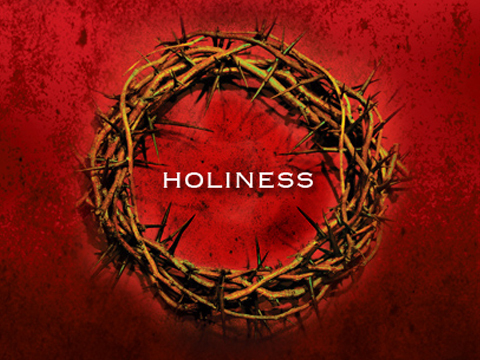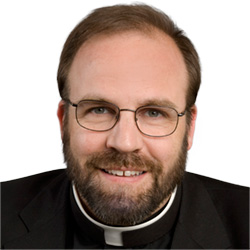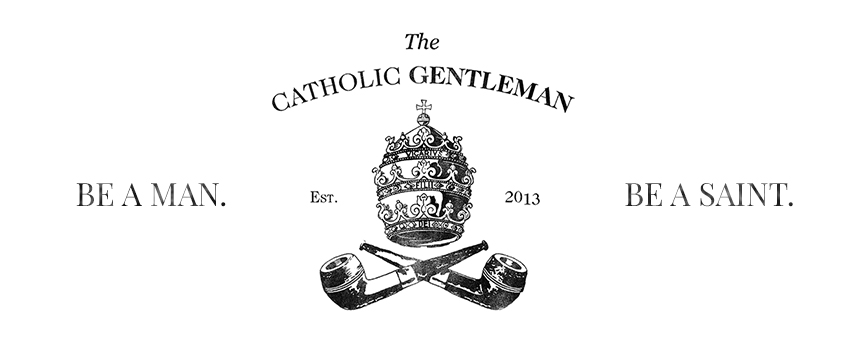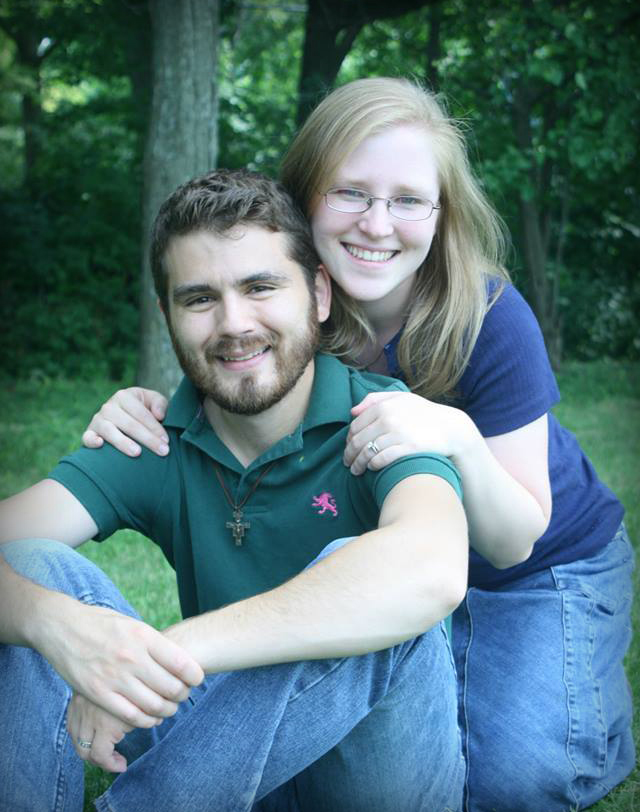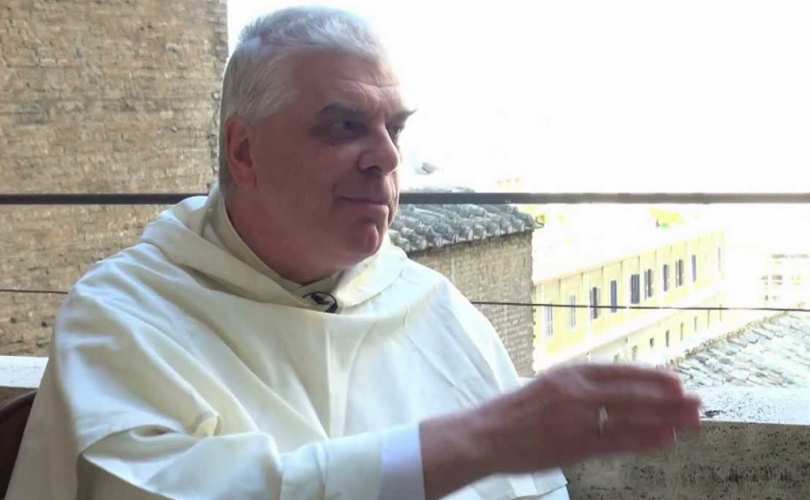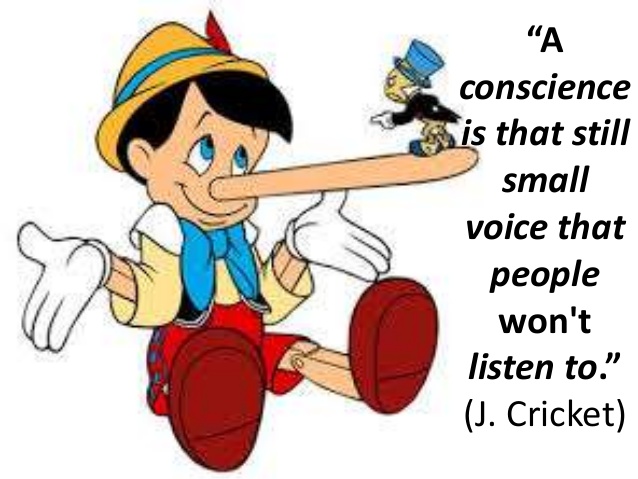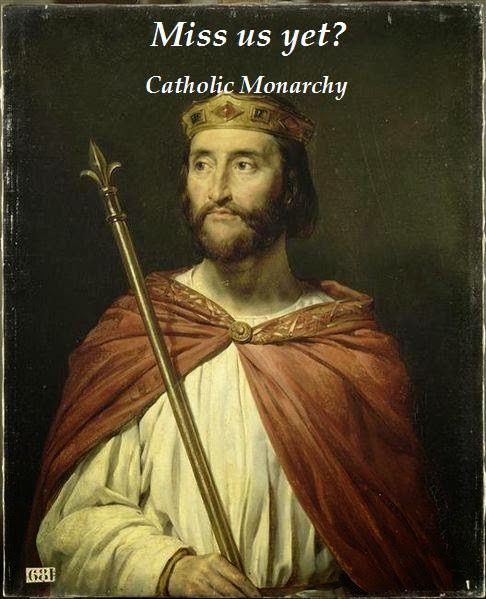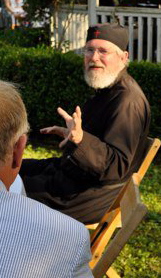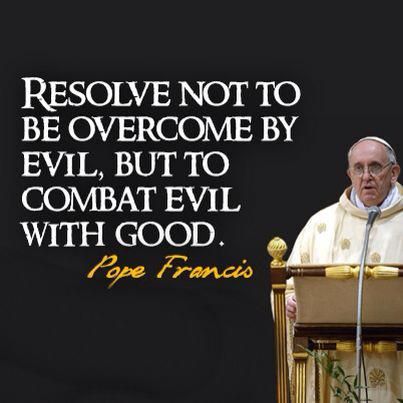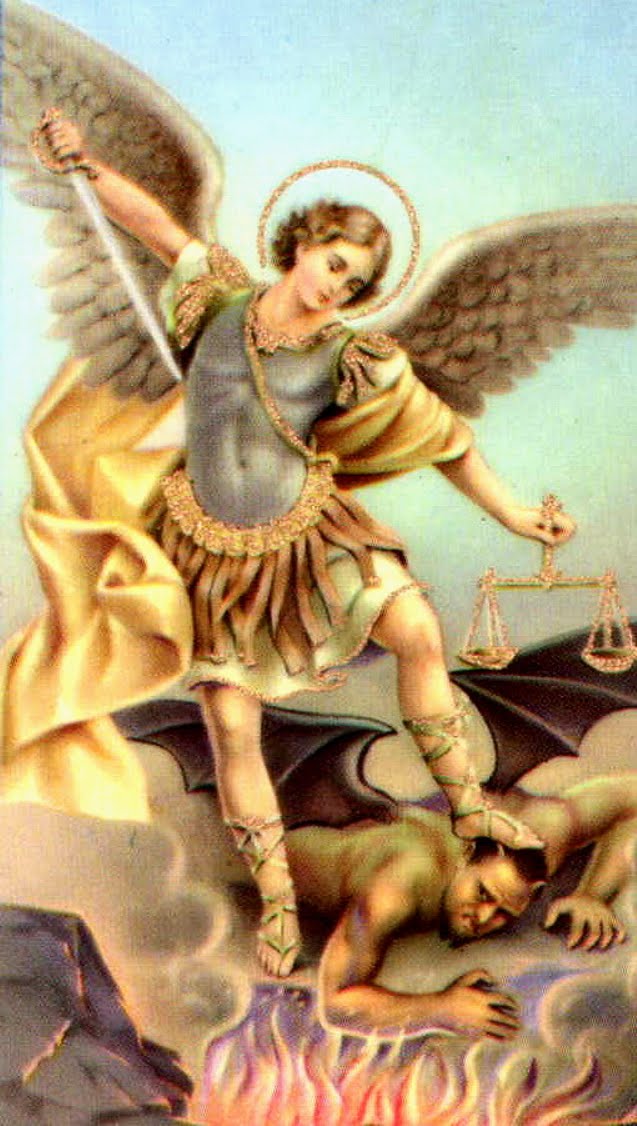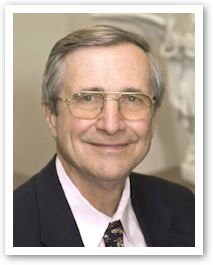“We live in a time that has tended to reduce holiness to merely being nice and agreeable. In this manner of thinking holiness tends to be variously thought of as: getting along well with everyone, being kind, agreeable, helpful, likable, generous, pleasant, mild mannered, amiable, good humored, middle of the road, even tempered, placid, benevolent, friendly, forbearing, tolerant, thoughtful, and the like. It can all be summed up by saying that “so-and-so” is “basically a nice person.” And thus the goal seems more to be nice than holy.
If you think this isn’t so, listen to how people talk at funerals. “Wow, Joe was a great guy!….We’re all gonna miss his jokes….Joe liked everybody! Joe would do anything for you!” Now all this is fine. But did Joe pray? Did Joe raise his kids in the fear of the Lord? Did Joe set a moral example that summoned others to holiness? Maybe he did but people don’t usually talk about that at the wake service. All that seems to matter is that Joe was a “great guy.” But the goal in life is not just to be a great guy, it is to be holy.
Now, none of the qualities listed above the previous paragraphs are wrong or bad. But the problem is that we have largely reduced holiness to these sorts of qualities, to being “basically a nice person.” Oh sure, holy people will be known to pray and that sort of stuff but God forbid that some one might exhibit righteous anger or rebuke sin. No, that wouldn’t be nice at all! It’s wrong to upset people isn’t it? And thus we tend to limit what holiness should be like.
But true holiness, while it does not seek a fight, does not easily fit into this world’s schemes and categories. It tends to run against the grain and upset the status quo. Jesus could surely be kind, merciful and forgiving. But he was also holy. And true holiness does not compromise the truth, does not go along to get along. It does not remain silent just so everyone can be happy and unoffended. Jesus did not end up on the Cross because he was “basically a nice person.” He spoke the truth in love. He prophetically denounced hypocrisy, duplicity, sin and injustice. It is true He also blessed children and repentant sinners found refuge in Him and a strong advocate. But Jesus was no fool, and He didn’t just go around slapping every one’s back and being nice. Jesus was holy. And holiness is hot to the touch. It is not easily endured by the tepid and worldly minded. They killed Him for it.
Too many Christians have substituted niceness for holiness and hence endure almost no hostility from the world. Too many Christians think that getting along and being popular is their main task. Having enemies is somehow “unchristian.” Never mind that Jesus told us to love our enemies (which presupposes we have some). No, having enemies is surely a sign that we are not getting along with people and that is not very nice (err….”holy”).
Now this attitude is deadly to living a prophetic Christian witness. Of course the word “witness” is Biblically tied to the word “martyr.” Martyrs do not end up dead by being nice. They usually end up dead or at least persecuted by running afoul of the world’s norms and priorities. And when told to be nice and go along to get along, they declined and continued as an irritant to a world that demands compromise with evil, approval of sin, and silence about faith. But this is our call, not to be nice, to be holy. Holy means “set apart,” “distinct from what is around it.”
There is a place for niceness and ordinary human kindness. But the point is that holiness cannot be reduced to this. There are times where holiness demands that we speak out strongly and unambiguously. True holiness will lead us increasingly to live in a way that others will often find an irritant. Perhaps our radical simplicity and generosity will prick their conscience. Perhaps our deep devotion to God will cause them to feel uneasy. Perhaps our moral positions will offend their politics or worldly ethics. Our mentioning of a day of judgment that looms may incite their anger. And so forth…. We do not seek conflict, but conflict finds us. The world demands that we back down and be nice, that we get along better.
Holiness is not of this world. True holiness brings an increasingly radical transformation that makes the recipient seem to be a foreigner in this world who speaks with a strange accent and has foreign ways. He does not fit into simple political distinctions, does not conform to worldly categories. True holiness ignites a fire in the recipient and fire changes everything it touches. In the end no one remains neutral to a truly holy person. Either they complain of the heat or draw warmth, but no one is neutral.
Holiness is a lot more than being nice.”
Love,
Matthew

